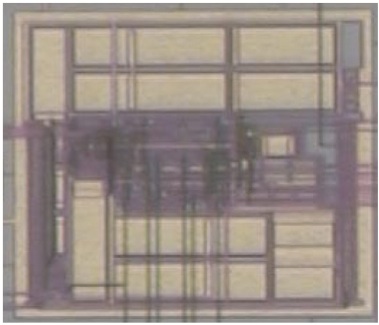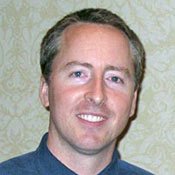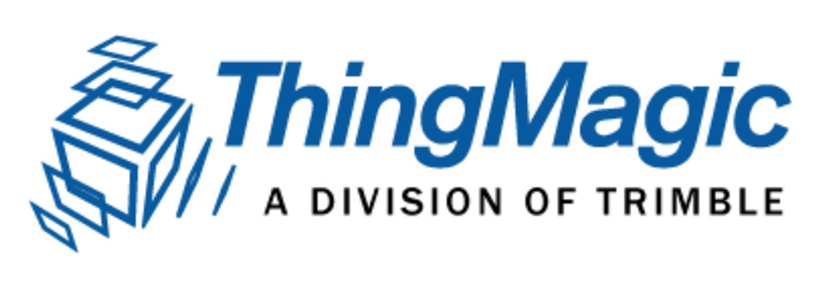Reverse Engineering a Passive UHF RFID Tag
Presenter: Dr. Brian Degnan, Georgia Tech
Date: Tuesday, May 3, 2016
Time: 8:30am to 12:00pm
Venue: S331-A
This tutorial will cover the components of a passively-powered RFID tag, with a focus on the analog front-end. Passively-powered RFID tags are limited by the energy in the carrier wave, and custom ASIC implementations give the maximum flexibility and power performance, but at an increase in design time. This tutorial will give an overview of the circuit requirements for a theoretical tag that was reverse engineered from the Gen2 specification.
Topics
- RFID Tag Overview
- Analog and digital
- Tools needed
- Transistor Review
- General operation
- Diode-connected MOSFETs
- Analog components
- Power
- Demodulation
- Modulation
- Analog Power
- Charge pump
- Single-antenna implementation
- Double-antenna implementation
- Startup circuit
- PTAT for biasing
- Power regulator design
- Analog Demodulation
- AM demodulation
- Clock generation (types)
- divider from input signal
- stand alone clock
- Analog Modulation
- A transistor
- Digital components
- PRNG
- Decoding data
- Interrogator “Query” and “RN16” response.
Speaker Biography
Brian P. Degnan received degrees in Mechanical and Computer Engineering from the Rose-Hulman Institute of Technology in 2000 and 2003 respectively after a stint studying Computer Science at the Kanazawa Institute of Technology. He earned his Ph.D in Electrical Engineering from the Georgia Institute of Technology in 2013 with a research focus of subthreshold, temperature robust circuit architectures. He is a serial entrepreneur who has taken several products from concept to sales, including video encoders and current measurement equipment.
Dr. Degnan’s research interests include subthreshold asynchronous digital and reprogrammable architectures, as well as encryption implementations in power constrained systems. He is current a Postdoc under Dr. Greg Durgin with the propagation group at Georgia Tech.









